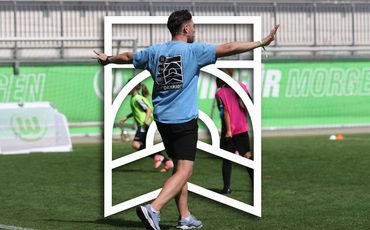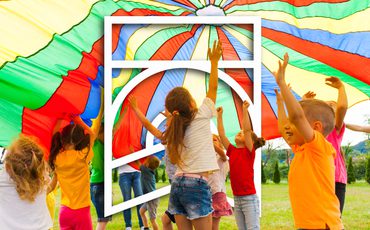Making the Sport Fit the Child, Not the Child Fit the Sport
In youth sport, one of the most important principles we can follow is this: children are not mini-adults. But even among children, a five-year-old and a twelve-year-old are worlds apart in terms of needs, abilities, and development. If we fail to recognise and adapt to these differences, we risk boredom, injury, or even dropout.
Understanding the “Three Ages” of Sport
To coach effectively, we must consider three types of age:
- Chronological Age – A child’s actual age based on their birthdate.
- Biological Age – Their physical maturity, which can vary significantly among children of the same chronological age.
- Training Age – The number of years a child has been involved in a sport.
Two children may be the same age but differ greatly in maturity and experience. As coaches, we must tailor our approach to each child’s unique combination of these factors.
The SPEC Model: A Holistic Approach
To truly make sport fit the child, we must consider four key areas of development: Social, Physical, Emotional, and Cognitive (SPEC).
Social Development
Children develop social skills gradually. Young children may struggle with teamwork or sharing, not because they’re difficult, but because they’re still learning. Coaches should:
- Be patient with self-centred behaviour.
- Help children understand team roles and cooperation.
- Encourage interaction beyond friendship groups to build inclusivity.
Physical Development
Children grow at different rates, and this affects coordination, strength, and injury risk. Coaches should:
- Be aware of growth spurts and their impact on coordination.
- Understand that children develop control from the centre out and top down.
- Design activities with appropriate intensity and recovery times.
Emotional Development
Children’s emotional regulation is still developing. Coaches should:
- Recognise that tantrums or withdrawal may be signs of emotional struggle.
- Use calm, consistent communication to help children manage feelings.
- Balance long-term goals with short-term rewards to keep motivation high.
Cognitive Development
Children learn best by doing. Coaches should:
- Focus on hands-on learning and trial-and-error.
- Keep instructions short and simple.
- Reinforce that effort doesn’t always lead to instant success.
Coaching Implications
- Pitch Sessions at the Right Level:
Use the “Learning Zone” concept—activities should be just above a child’s current ability to challenge and engage them without overwhelming.
- Include All Children:
Every child develops differently across the SPEC areas. Differentiated sessions that cater to varying needs are essential for inclusive, effective coaching.
Final Thought:
When we adapt sport to fit the child—not the other way around—we create an environment where every child can thrive, learn, and fall in love with sport for life.
Watch the full video below
Comments
Related Pages



In my opinion, the holistic approach is the opposite of selection in sports, where children with a genetic predisposition are sought who are suitable for the respective sport or discipline.